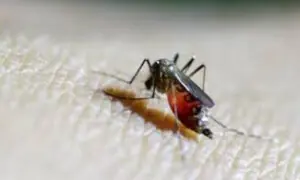Covid-19 immunity to likely last for years, new research shows
2 min read2021 has begun with a piece of good news, a new study published on 6th January shows that immune cells primed to fight the novel coronavirus should persist for a long time after someone is vaccinated or recovers from the infection.
The study, published recently in the journal "Science", indicates that Covid-19 patients who fully recovered from the disease still have robust immunity from the coronavirus eight months after infection. Researchers studied blood samples from 185 men and women who had recovered from coronavirus infection most from a mild infection, although 7% were hospitalized.
Each individual provided at least one blood sample between 6 days and 8 months after their initial symptoms, and 43 of the samples were taken after six months. The research team that ran the investigation measured the levels of various immunological agents that work together to prevent reinfection, these included antibodies, B cells, and T cells.

The findings are quite promising. The researchers interpret that immunity to the virus probably lasts for many years, and it should rid fears that the novel coronavirus vaccine would require repeated booster shots to protect against the disease and finally get the pandemic under control. These findings contradict earlier findings that suggested Covid-19 immunity could be short-lived, putting millions who’ve already recovered at risk of reinfection.
Shane Crotty, a researcher at the La Jolla Institute for Immunology in California and a co-author of the new paper remarked:
There was a lot of concern originally that this virus might not induce much memory. Instead, the immune memory looks quite good.
The new study suggests that reinfection should only be a problem for a tiny percentage of people who’ve developed immunity, whether through an initial infection or by vaccination. Although the results of the research are quite morale-boosting, researchers cautioned that it's still quite early to call this research definitive owing to the fact that only a small number of people were involved in the study. Nonetheless, it's positive news.
For the latest news, follow us on Twitter @Aaj_Urdu. We are also on Facebook, Instagram and YouTube.




























Comments are closed on this story.